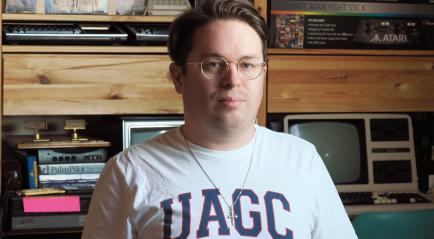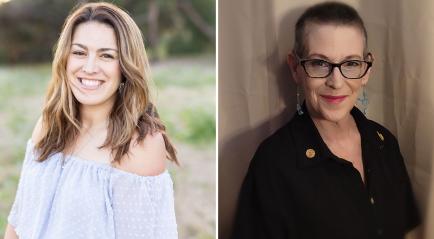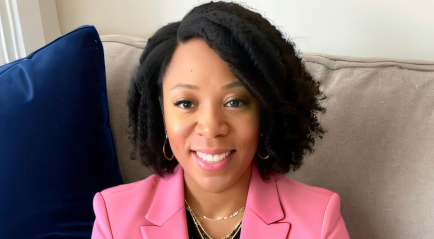Questions? Talk with an Advisor
Step 1 of 2
1. Your Interest
2. About you
Featured Articles
![[getty] Careers in Public Policy: How Social Science and Policy Analysis Shape Public Decision-Making](/sites/default/files/styles/featured_article_590x330/public/GettyImages-1690348006publicpolicycareerbloghero.jpg?h=555dd4d1&itok=YooDMFvc)
![[getty] Careers in Public Policy: How Social Science and Policy Analysis Shape Public Decision-Making](/sites/default/files/styles/featured_article_1135x420/public/GettyImages-1690348006publicpolicycareerbloghero.jpg?h=555dd4d1&itok=3O4qBObM)
Industry Insights
Careers in Public Policy: How Social Science and Policy Analysis Shape Public Decision-Making
For those interested in working within public policy, building your foundation with a social science degree is a great way to get started. Not to mention, it adds public policy skills to your resume.
0:23:16
Read Article

Tips & Advice
Meet myUAGC: Your Student Gateway to Support, Tools, and Resources
0:03:01
Read Article
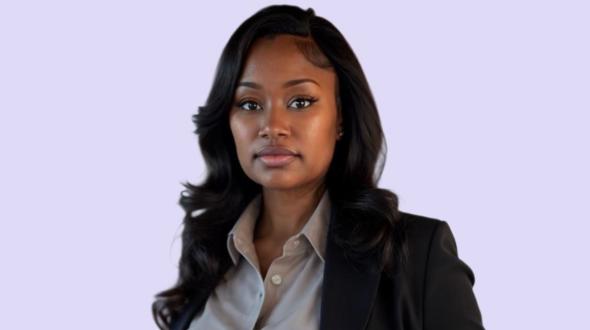
Student Lifestyle and Success
The Making of a Superwoman: UAGC Student Dominique Wesley Takes Flight
0:05:49
Read Article
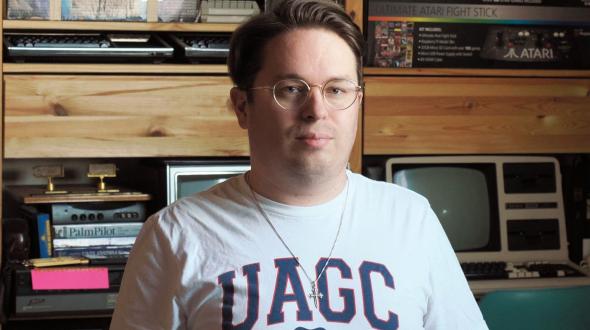
Student Lifestyle and Success
How UAGC Alum Andrew Williamson Turned a Nonlinear Path into a Business Degree
0:05:44
Read Article

Health Care
Corporate Wellness Programs: How to Start a Career in Employee Health
0:18:37
Read Article
Read More From Our Forward Thinking Blog





